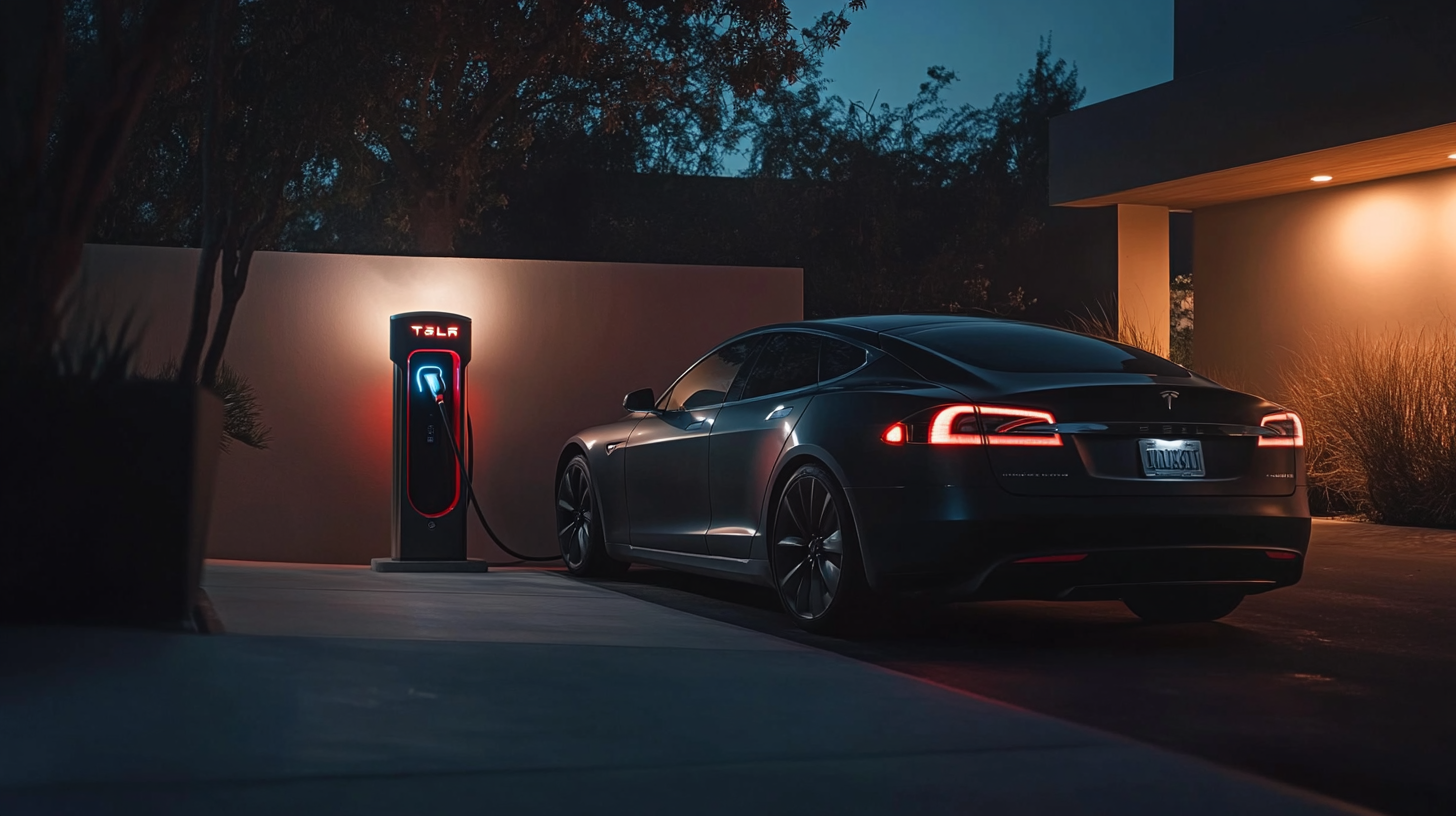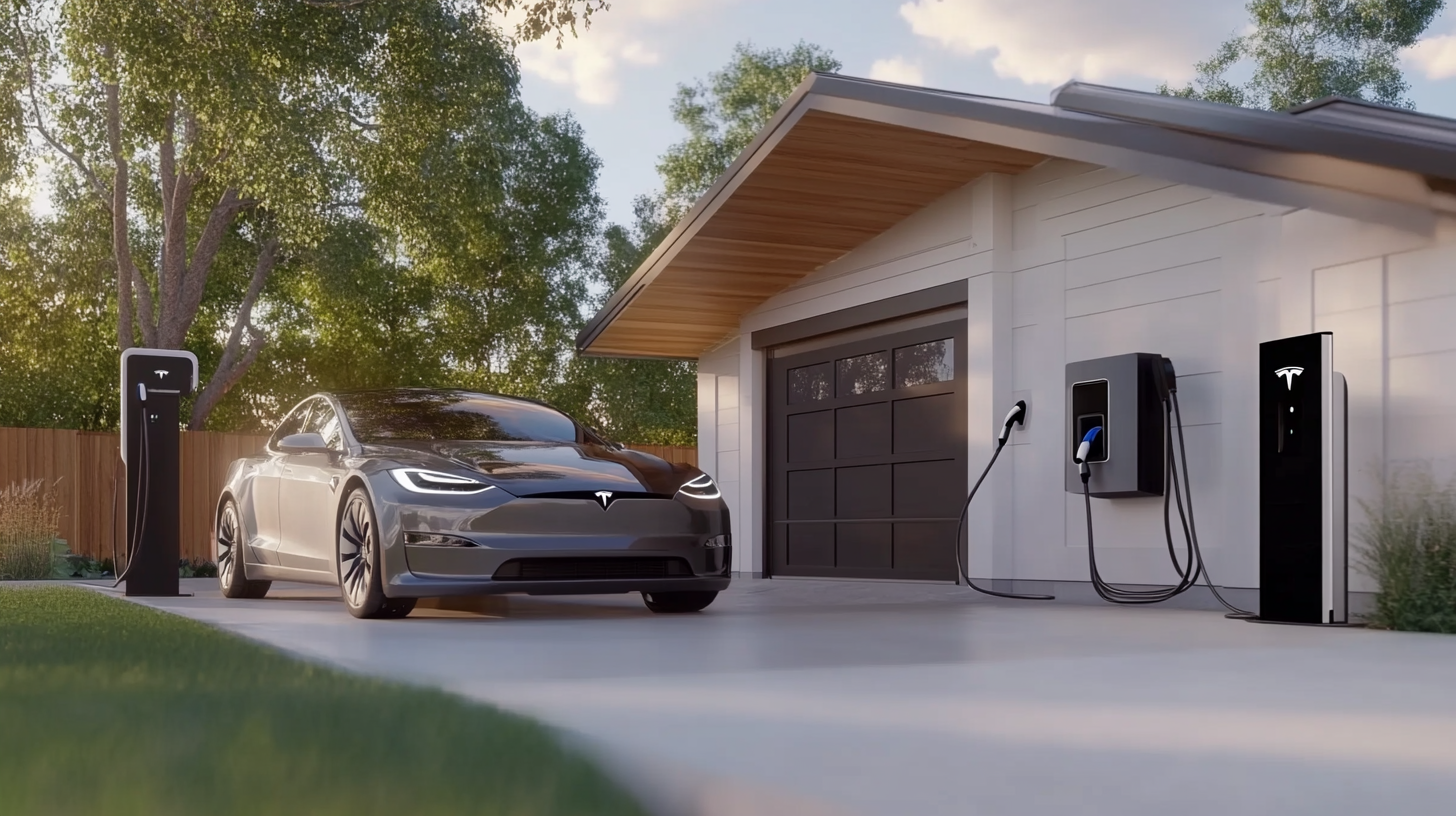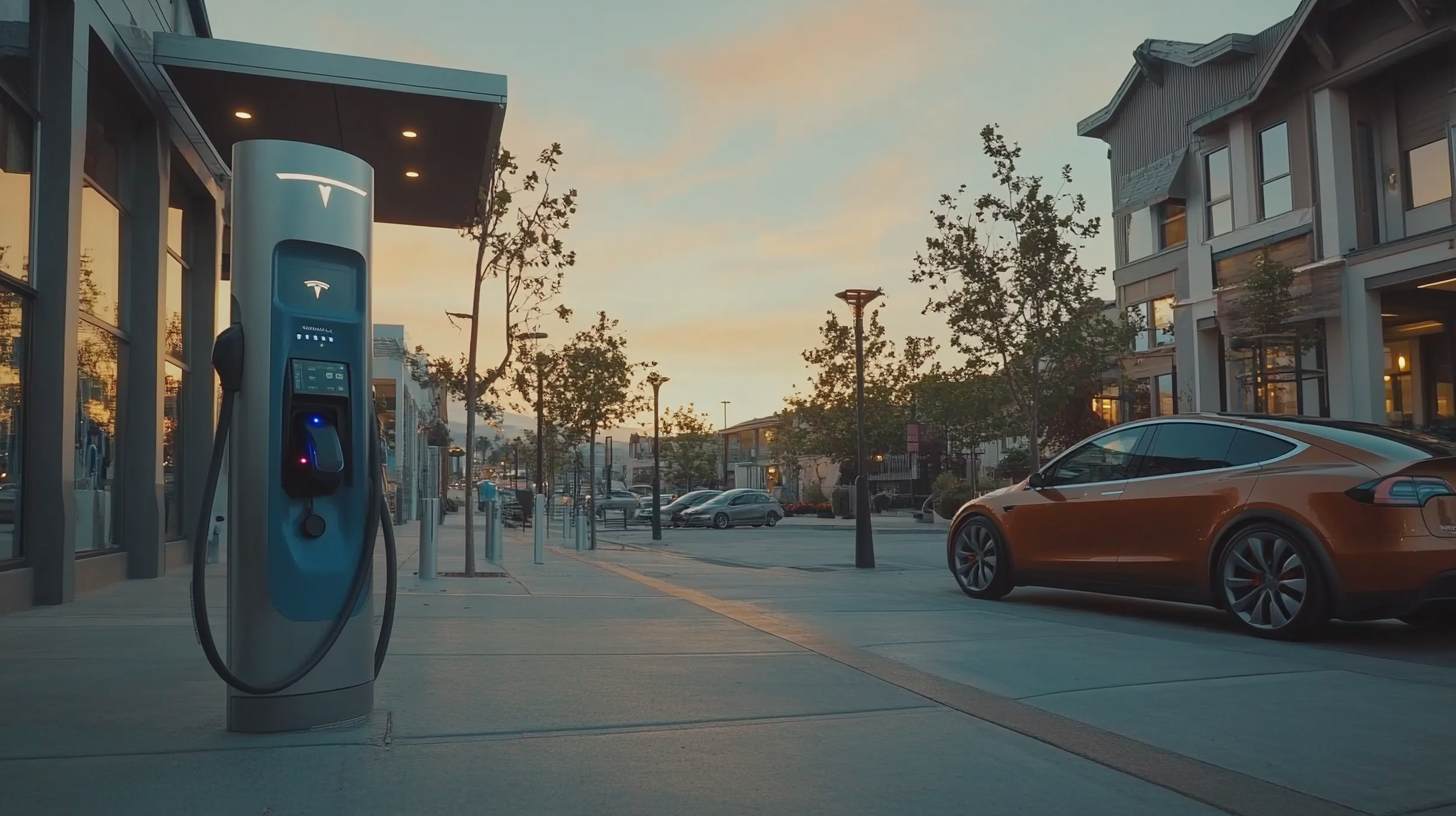In an era where sustainability and innovation converge, the electric car charger business stands at the forefront of a transformative shift in transportation. As electric vehicles (EVs) continue to gain traction globally, the demand for reliable and accessible charging solutions is surging. This blog aims to provide entrepreneurs with the ultimate blueprint for launching a successful electric car charger enterprise. We will explore the essential steps, from understanding market trends to developing a robust business strategy, ensuring you are equipped to tap into this lucrative market. Whether you are a seasoned entrepreneur or a newcomer passionate about green technology, this comprehensive guide will illuminate the pathway to establishing a thriving electric car charger business, capitalizing on the growing need for sustainable energy solutions and paving the way for a cleaner future.

The global market for electric vehicle (EV) chargers is experiencing significant growth, driven by the increasing adoption of electric vehicles worldwide. The electric vehicle supply equipment (EVSE) market, valued at approximately $3.736 billion in 2022, is projected to expand at an impressive compound annual growth rate (CAGR) of 29.2% from 2022 to 2032. This surge in demand is indicative of a broader trend as countries and consumers shift towards greener, more sustainable transportation options.
The demand is further underscored by the Asia-Pacific region, where the EV charger market is expected to reach an estimated valuation of $11.3 billion in 2023, with a remarkable CAGR of over 23.5% from 2024 to 2032. This growth is driven by technological advancements in EV charging and the increasing emphasis on energy efficiency, prompting an urgent need for charging infrastructure capable of meeting the rising demands of electric vehicles. Enhanced charging solutions, including fast charging and innovative software management platforms, are set to play a critical role in the evolving landscape of the EV charging industry, providing necessary services to both residential and public sectors.
As the automotive landscape continues to evolve, understanding market dynamics and consumer behavior will be pivotal for businesses seeking to capitalize on this burgeoning sector. With an overall projected market size for vehicle chargers anticipated to reach new heights by 2032, businesses must strategically position themselves to harness opportunities within this critical market.
Navigating the regulatory landscape for installing and operating electric vehicle (EV) chargers is crucial for entrepreneurs entering this sector. Recent developments in regions like Karnataka highlight the growing recognition of this need. The Karnataka Electricity Regulatory Commission has streamlined the process for installing EV-charging stations in high-rises and large buildings, indicating a supportive shift in regulatory frameworks. This move aligns with broader global efforts to enhance EV infrastructure, reflecting the importance of clear regulations in fostering business growth in the electric charging market.
In alignment with these developments, the regulatory environment is also seeing shifts in various jurisdictions. For instance, Louisiana regulators have passed new rules to encourage a competitive landscape in the EV charging space, ensuring utility companies cannot monopolize charger operations using customer funds. Such policies are essential as they help maintain market fairness while promoting the installation of charging stations necessary for achieving climate targets. As the demand for EVs continues to surge, understanding these regulations will be vital for new enterprises aiming to establish themselves in the electric vehicle charging domain.
Launching an electric car charger enterprise requires careful consideration of financing options to ensure sustainable growth. The landscape of investment strategies for this sector is evolving rapidly, driven by increasing consumer demand for electric vehicles (EVs) and the global push for greener alternatives. One effective approach to fund your electric car charger business is leveraging government grants and incentives. Numerous governmental organizations offer financial assistance to startups focused on clean energy solutions, which can significantly reduce your upfront investment.
Additionally, seeking partnerships with established players in the automotive or energy sectors can provide not only funding but also valuable industry insights. Collaborating with these companies can lead to joint ventures that enhance credibility and market reach. Crowdfunding has also emerged as a promising avenue, allowing you to engage with potential customers who are invested in the success of your business. By utilizing a combination of these strategies, you can create a robust financial foundation to launch and scale your electric car charger enterprise effectively.
As the electric vehicle (EV) market continues to expand, the demand for innovative charging solutions is surging. According to a recent report from the International Energy Agency (IEA), there were over 10 million electric vehicles on the road globally by 2022, marking a 58% increase from the previous year. This rapid growth underscores the critical need for advanced electric car charging infrastructure. Innovations in charging technology are becoming imperative to meet evolving consumer expectations and support sustainability goals.
One of the most significant trends shaping the future of electric car charging is the development of ultra-fast charging stations. These stations can deliver up to 350 kW of power, drastically reducing charging times to as little as 15 minutes for a full charge, according to a study by the EV Charging Infrastructure Report. Moreover, wireless charging technology is gaining traction, providing a more convenient and efficient charging experience. This technology eliminates the need for cables and offers the potential for charging vehicles while in motion, showcasing how advancements in charging solutions are set to transform the EV landscape.
Additionally, smart charging systems that utilize artificial intelligence and machine learning are emerging. These systems analyze real-time data on energy prices and grid demand to optimize charging schedules, which not only enhances efficiency but also reduces costs for consumers. As highlighted in a report by BloombergNEF, the smart charging market is expected to grow significantly, reaching a valuation of $12 billion by 2025. Such innovations are pivotal in ensuring that the growth of electric vehicles is matched by robust, efficient, and adaptive charging solutions.

In today's rapidly evolving automotive landscape, establishing an electric car charger enterprise with a focus on sustainability is not just beneficial but essential. Eco-friendly practices not only appeal to environmentally conscious consumers but also contribute to the integrity of your business. To begin, consider sourcing materials that have a minimal environmental impact. Opt for suppliers who follow sustainable practices, such as using recyclable components and reducing carbon emissions in their production processes. This strategy not only improves the environmental footprint of your products but also sets a precedent in the industry.
Moreover, integrating renewable energy sources into your operations can significantly enhance your enterprise’s eco-friendliness. By installing solar panels or utilizing wind energy to power your charging stations, you can create a closed loop system that minimizes reliance on fossil fuels. Encourage partnerships with local green energy providers to supply your chargers and offer incentives for customers who choose to use renewable energy to power their electric vehicles. Additionally, implementing a robust recycling program for old chargers and components can further position your business as a leader in sustainable practices, fostering customer loyalty and attracting conscientious consumers.

